Course Description
GST 102: Philosophy and Logic Unijos Textbook introduces students to the fundamental principles of critical thinking, reasoning, and philosophical inquiry. The course explores key philosophical concepts, logical reasoning techniques, and their applications in everyday decision-making and academic discourse.
Course Structure
Introduction to Philosophy
-
Definition and branches of philosophy
-
Major philosophical schools of thought
-
Relationship between philosophy, science, and religion
Logic and Critical Thinking
-
Nature and structure of arguments
-
Deductive and inductive reasoning
-
Logical fallacies and how to avoid them
Symbolic Logic and Argument Analysis
-
Propositions, truth values, and logical connectives
-
Rules of inference and methods of proof
-
Syllogism and Venn diagrams
Applications of Logic
-
Problem-solving and decision-making
-
Logical reasoning in law, politics, and ethics
-
The role of logic in technological and scientific advancements
Learning Outcomes
By the end of this course, students should be able to:
-
Understand the fundamental concepts of philosophy and logic.
-
Differentiate between valid and invalid arguments.
-
Apply logical reasoning to problem-solving and decision-making.
-
Identify and avoid common logical fallacies.
-
Analyze and construct well-reasoned arguments.
Assessment Methods
-
Exams and Quizzes: To evaluate theoretical understanding and reasoning skills.
-
Assignments and Essays: To enhance critical thinking and argumentation abilities.
-
Class Discussions: To encourage engagement with philosophical and logical concepts.
This course provides students with essential skills for clear thinking, rational analysis, and effective communication in both academic and real-world contexts.
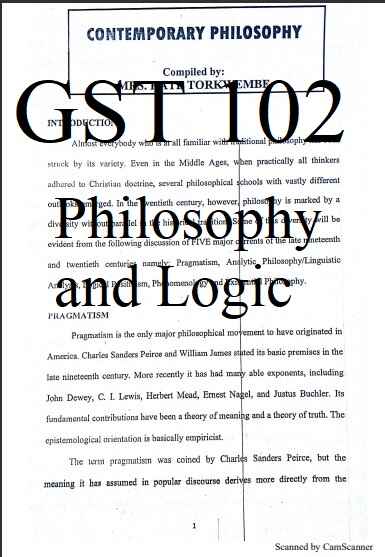
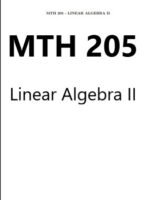
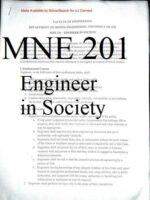
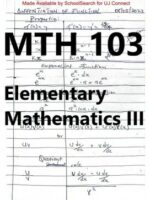
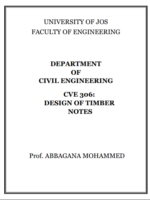
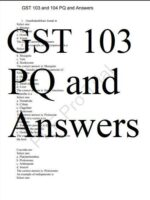
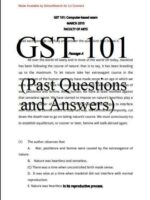
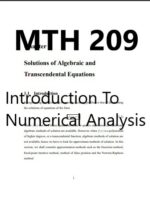
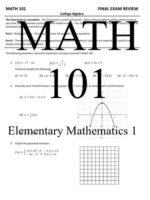
Be the first to review “GST 102: Philosophy and Logic”